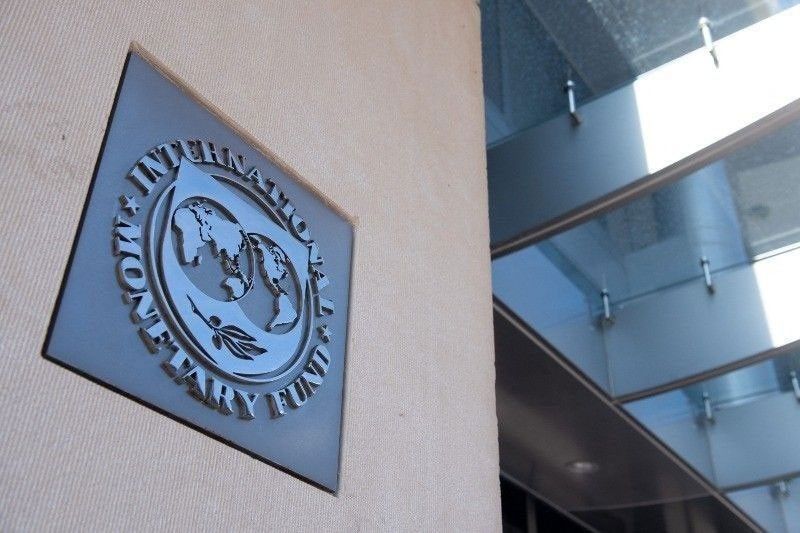IMF urges ASEAN to pursue ambitious economic reforms

MANILA, Philippines — The Philippines and its Southeast Asian neighbors have the potential to boost economic output by up to three percent over four years if they implement comprehensive and simultaneous structural reforms, according to a new analysis from the International Monetary Fund (IMF).
In a blog post written by IMF economist Anne-Charlotte Paret Onorato, the multilateral lender said while the region has made remarkable economic strides in the past two decades, achieving high-income status requires a deliberate and ambitious approach to reforms.
“Combining deliberate, ambitious structural overhauls can help the region’s largest economies achieve higher potential economic growth and sustainably attain high income levels. Wide-ranging reforms can build resilience to shocks in the face of uncertainties and help the private sector drive growth,” she said.
Onorato said the IMF examined output gains from structural reforms in both advanced and emerging markets, and found that packaging multiple reforms together, rather than implementing them gradually, yields the highest economic benefits.
For major emerging markets in the Association of Southeast Asian Nations (ASEAN) such as the Philippines, Indonesia, Malaysia, Thailand and Vietnam, this approach could result in an average long-term output increase of 1.5 to two percent within two years and up to three percent after four years.
The IMF analysis highlights four priority areas that ASEAN members should focus on: trade and economic openness, economic sophistication, investment and governance conditions as well as human development.
The Philippines, like its ASEAN peers, faces trade barriers that make cross-border transactions more expensive and uncertain. Improving logistics and trade facilitation would be crucial to boosting economic integration.
The IMF also underscores the importance of services trade liberalization, which can spur competition and technological advancements while creating high-quality jobs.
Challenges also remain in economic sophistication, which is linked to education and labor productivity. To move up the value chain, economies must invest more in high-quality education and ensure that skills training better aligns with job market demands.
The largest ASEAN emerging markets tend to lag behind Organization for Economic Cooperation and Development countries in governance indicators such as regulatory quality and government effectiveness.
The IMF said strengthening anti-corruption efforts, improving infrastructure and enhancing regulatory efficiency would help attract investments and foster economic stability.
With a favorable demographic profile, ASEAN has an opportunity to implement reforms before aging-related fiscal pressures increase. However, inequality, informal employment and limited access to financial services remain key issues, the IMF said.
- Latest
- Trending





























